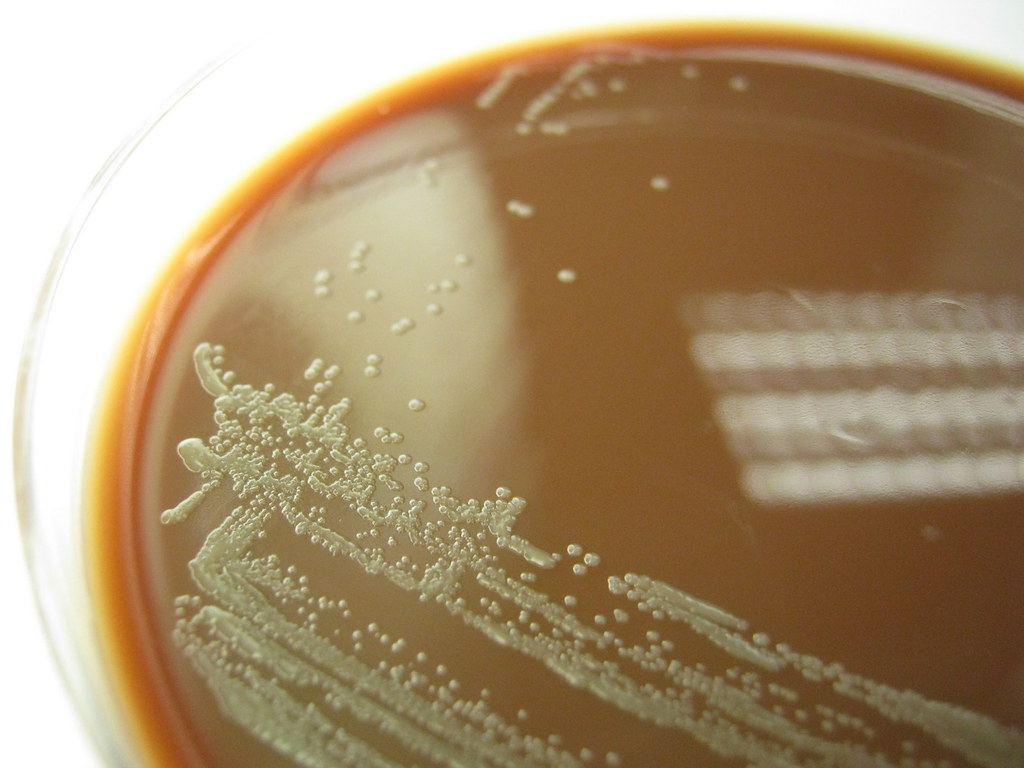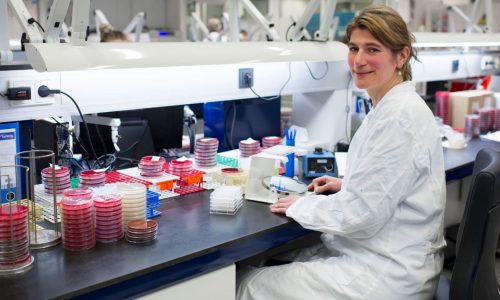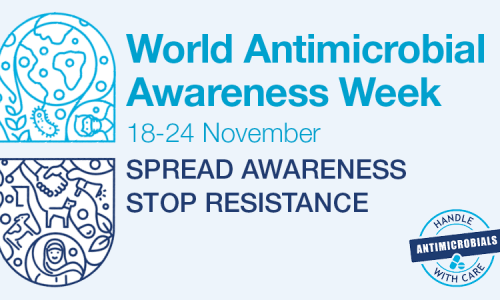
Working Group 2 updates
- News
- diagnostics
- May 6, 2022
Deliverable 4 European strain database
The first objective of WG2 was to establish a database with information on veterinary pathogens stored across European laboratories. In March 2022, the European strain database included more than 26,000 data entries from 24 countries. Apart from those bacteria representing important diseases and accounting for high antimicrobial use, pathogens that are traditionally difficult to identify by MALDI-TOF MS technologies, and pathogens for which animal-specific clinical breakpoints (CBPs) are lacking, were included.
The summary report is available here.
If you wish to share data on isolates, you can find a template format for data entries here.
If you would like to sign a data-sharing agreement beforehand, you can find the corresponding template here.
Improving MALDI TOF MS identification of veterinary pathogens
Within the ENOVAT COST action WG 2 is working on the improvement of an identification procedure for relevant veterinary pathogens, which are difficult or impossible to identify by MALDI-TOF MS technology. Based on the isolate information available in the European strain database, the following veterinary pathogens were chosen for in depth MALDI-TOF MS identification analysis:
Staphylococcus intermedius/pseudintermedius/delphini
Streptococcus canis/porcinus/equi/dysgalactiae
Mycoplasma spp.
Actinobacillus spp.
Campylobacter hepaticus
Aeromonas spp. from fish
If you are interested in working with us, please contact us at any time!
Determination of Epidemiological Cut Off values (ECOFFs)
ECOFFs form the basis for the development of CBPs. In cooperation with WG3, specific drug/bug combinations were defined, for which CBPs are urgently needed. The following veterinary pathogen and antimicrobial combinations were chosen for determining minimum inhibitory concentrations (MIC) in order to define ECOFFs:
Actinobacillus pleuropneumoniae and doxycycline
Streptococcus equi and penicilline
Escherichia coli, Staphylococcus aureus, S. pseudintermedius and amoxicillin + clavulanic acid (fixed concentration)
Pasteurella multocida, Mannheimia haemolytica and oxytetracycline
For these specific tasks custom MIC testing plates were designed and ordered. MIC distributions will be performed in at least five different laboratories according to the SOP issued by EUCAST.
If you are interested in working with us, please contact us at any time!
Virtual Mobility Grants (VMGs)
Two VMGs were realised within the 2nd and 3rd grant period. They dealt with the consolidation and analysis of the data entries in the European strain database. A summary report contains the most important information about the content so far.
If you have any questions or comments, please do not hesitate to contact us:





